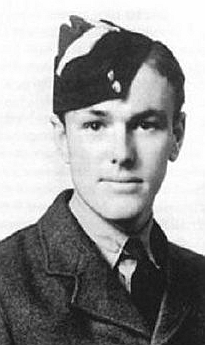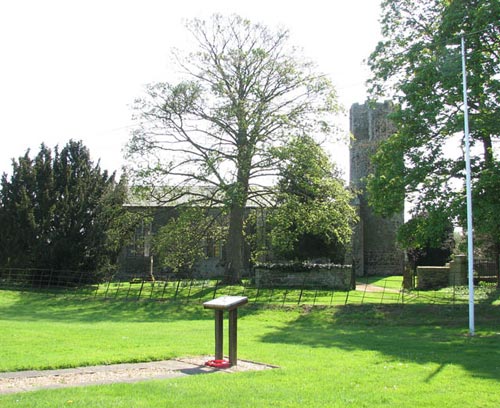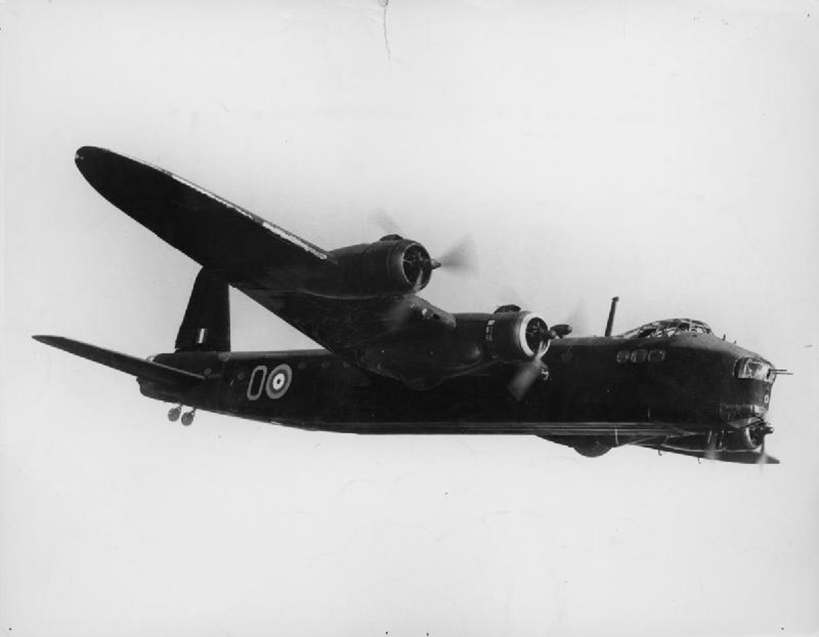Aaron, Arthur Louis
- Date of birth:
- March 5th, 1922 (Leeds/Yorkshire, United Kingdom)
- Date of death:
- August 14th, 1943 (Bone ziekenhuis, Algerije)
- Buried on:
- Commonwealth War Cemetery Bone
- Service number:
- 1458181
- Nationality:
- British
Biography
Arthur Aaron was a native of Gledhow, Leeds, Yorkshire, and was educated at Roundhay School and Leeds School of Architecture when the war began. He enlisted in the Royal Air Force, and trained as a pilot in Texas. On completion of his early training and the award of his pilots wings he returned to England, where he eventually joined No. 218 (Gold Coast) Squadron, based at RAF Downham Market, Norfolk. The squadron was at the time equipped with the four engine Short Stirling heavy bombers. By the time of his tragic death at the age of 21 he had completed 19 operational sorties as captain and a further 3 as 2nd.
Do you have more information about this person? Inform us!
- Period:
- Second World War (1939-1945)
- Rank:
- Dienstplichtig Soldaat (Enlisted Private)
- Unit:
- 1e Batterij, 1e Afdeling, 10e Regiment Artillerie, Ie Legerkorps, Land- en Zeemacht
Awarded posthumously.
- Period:
- Second World War (1939-1945)
- Rank:
- Acting Squadron Leader
- Unit:
- No. 218 (Gold Coast) Squadron, Royal Air Force
- Awarded on:
- October 19th, 1943
"This NCO has completed 19 successful operations, the majority of which have been against the most heavily defended areas in Germany. He has avoided trouble by his skill in anticipating enemy action and taking the correct evasive action. On one occasion when his aircraft was hit by incendiaries dropped from above, a fire started in the rear of the bomb doors. The wireless operator and engineer managed to get it under control while the attack was pressed home. He has proved himself an exceptional captain and leader. I wish to recommend him for the award of the Distinguished Flying Medal.
Remarks by Station Commander:
Strongly recommended. This NCO is highly imaginative and rather highly strung individual. The fact that he is always doggedly determined to reach and bomb the target in any circumstances is considered doubly commendable.
Remarks by A.O.C:
On the night of 12/13th August, 1943 after this recommendation was first made. Sergeant Aaron completed his 20th sortie with a bombing attack on Turin and was wounded in action. The award of the distinguished Flying Medal is recommended. "
War Diary mentions
1 September 1944 WO 171/866 - 3 Royal Tank Regiment
Reveille.
Sources
- Photo 1: Find a Grave Homepage
- - Third Supplement to The London Gazette of 15th October 1943, Issue 36215, dated 19th October 1943
- Fourth Supplement to The London Gazette of 2nd November 1943, Issue 36235, dated 5th November 1943
- Victoria Cross Reference
- The Register of the Victoria Cross - uitgegeven door This Engeland 1997 - ISBN 0906324270
- The History of the Victoria Cross
- Commonwealth Wargraves Commission
- No.218 (Gold Coast) Squadron 1936-1945








